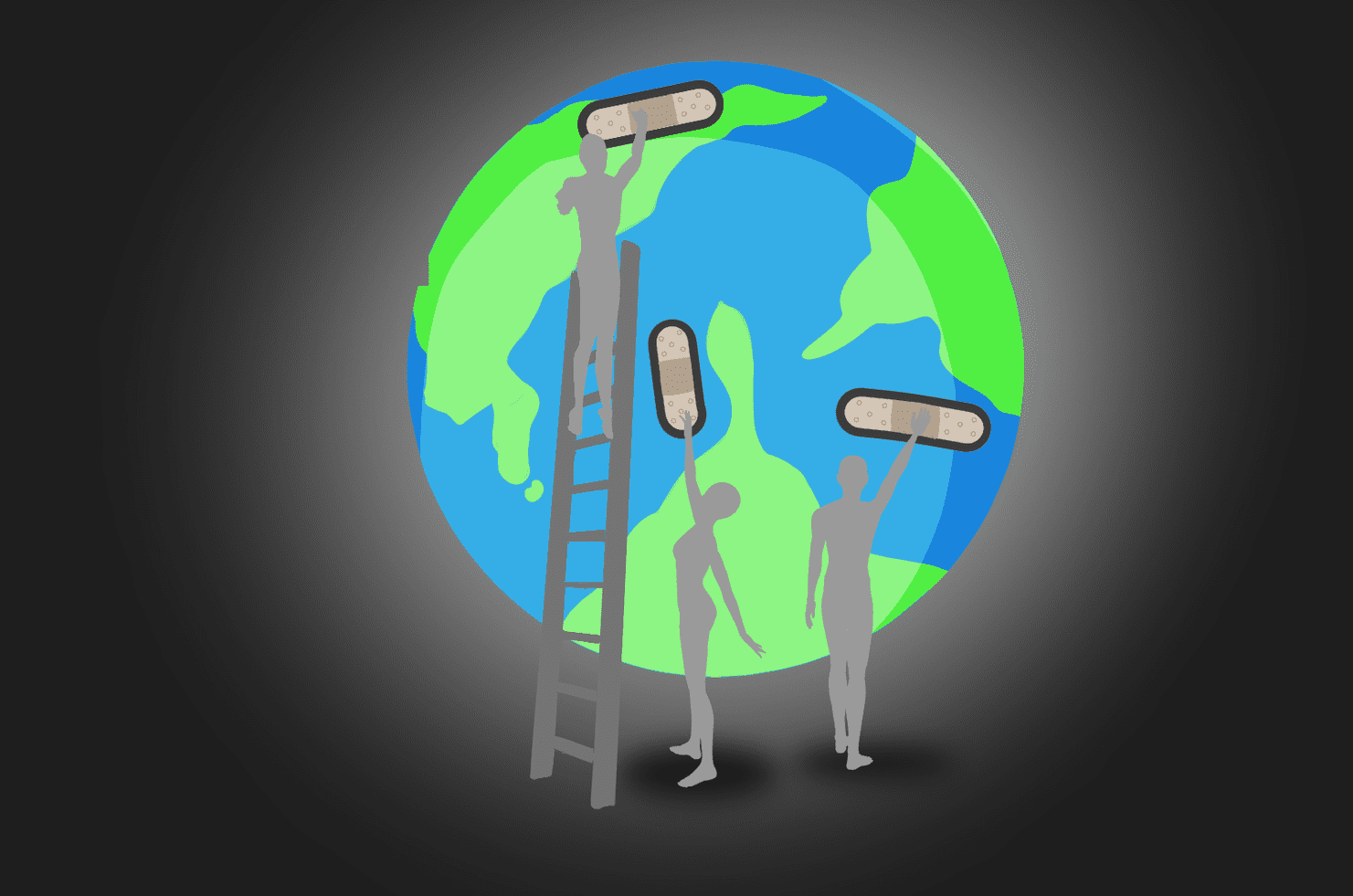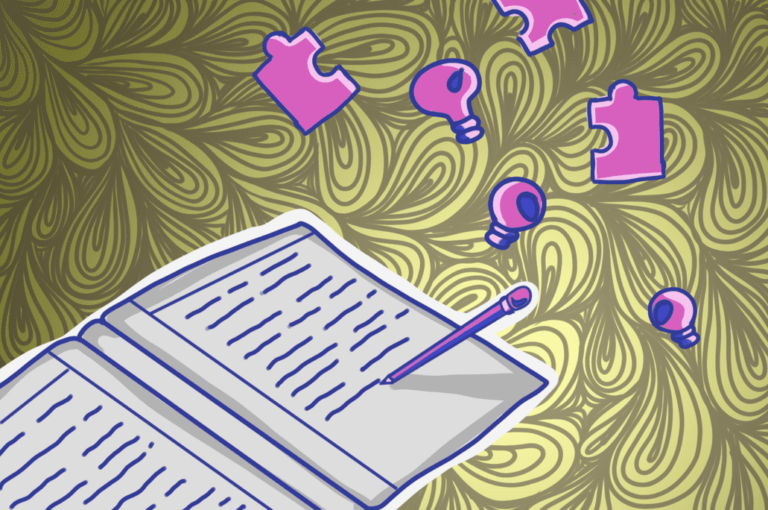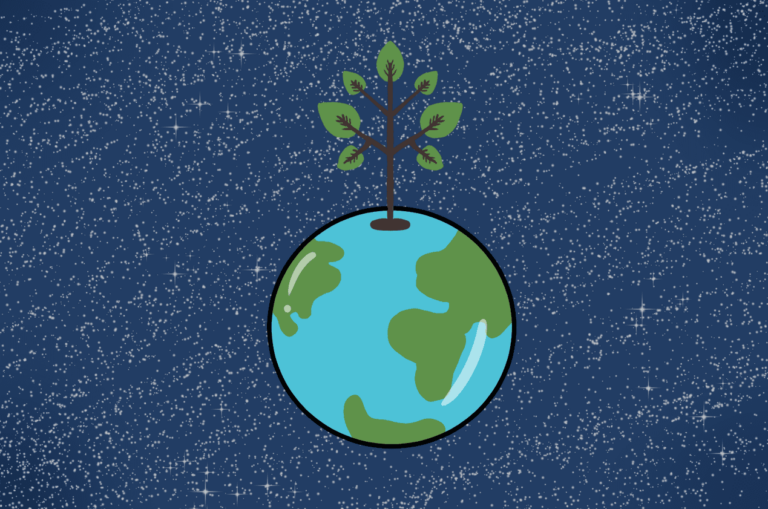Lockdown lessons, nature, and our responsibility
The Nationwide lockdown has degraded our economy, but it has done well to nature. Our mother nature is healing from the sufferings we have imposed on her. As we follow up on the bad news about deaths and loss to the economy amid this coronavirus pandemic, we also look for optimism that this lockdown has brought with it, along with nature and our responsibilities.
Climate activists claim that staying at home and reducing travel plans cannot be an alternative for a cleaner environment that we all are praying for. They are of the view that our sustainability goals to reduce emission by 2030 must stand still. Otherwise, we will face another crisis soon. And I certainly agree with them, but I wonder why there are no plans to keep the improvements that we have achieved from this lockdown as an agenda? Though our agenda has shifted to this pandemic, which has created havoc among humanity, we cannot neglect the benefits which we have achieved from it. Memes of visibility of mountains are trending now, but post lockdown all these visions will shed away. As nature is healing itself, we are happy to rise with a new sunrise every dawn. Unfortunately, this love and care for mother nature is all a matter of time, and it will vanish. We can contribute towards it, our accountability to keep our climate clean can be an added incentive to the plans that the government has put forward. We criticize the government at times for not understanding the gaps in pollution and climate change. But we often forget the nature and our responsibility.
Sustainable Development Goals (SDG 2030) is an agenda comprising 17 goals for a better and more sustainable future. A few of the goals which have improved amid this lockdown is clean water and sanitation; and climate action. Another goal that is being met indirectly is to ensure access to affordable, reliable, sustainable, and modern energy for all that is by reducing consumption. While we appreciate clean air and return of the humming of birds and bees even in cities like Delhi, there is also a need to understand how much loss we have done to nature. There are a few things that I have realized that we can do as a preparedness activity. We can maintain these sustainable development goals, once life turns back into the track.
We all have realized that it is not necessary to go to the office daily because all those big fat meetings can be done from home as well. A practical application of work from home can not only reduce the burden over us, but it can be utilized as a defense mechanism to curb the atrocities that we do to nature.
Delhi’s odd-even formula was an effective measure, but isn’t it time for the government to realize that instead of restricting movement, a better plan is to make a policy of work from home mandatory in private firms and wherever possible. This will not only reduce pollution, but it will also save energy and fuel. To boost the success of the SDGs in India, there is a strong need for continuing work from home as a cost-effective and attractive method as a sustainable strategy for survival, existence, and excellence in various sectors of the economy. Though I understand the potential problem of work from home because it can reduce the efficiency with regards to the pace of work, I trust that this can be solved by a proper interaction with stakeholders to reach out to a conclusion in consensus. The development of an eventual habit of work from home in people can be utilized in building and developing better cities with cleaner air to breathe. Stakeholders can be convinced because they will be paying less for energy consumption and resources in their office buildings as more and more people will work from home.
Many of us are joyful at the return of spring to our windows and balconies; we are waking up every day with the beautiful chirping of birds. Lost sparrows are making their way back, and pigeons are making nests again in these busy, dusty cities. Though we all are enjoying this vision, it can be kept intact even after things get back to normal. And it is our responsibility to maintain the nature this way. What we have to do is blend with the uprooting nature by filling our window panes with flowers, feeding birds, and setting up bug hotels. We can nourish our balconies and windows with plantations to keep them coming in our life with their peeping.
Another step that can be taken to sustain the achievements of lockdown is reducing the footfall and curbing the waste discharge in rivers. I understand that Ganga is a sacred river in India, but it would look more sacred and delightful when it is clean. This lockdown has saved the money which was allocated for the Ganga action plan because a lack of human activity in river banks has reduced the pollution level of not only Ganga but also of river Yamuna.
It is time for the government to realize that these rivers are getting polluted through the industries which claim to discharge zero waste. The government should amend strict rules now itself so that post lockdown surge of discharge of waste from these industries and small scale factories can be checked. Also, reducing and restricting footfall in these river banks can actually help in attaining better goals. Strict rules in such places should be implemented now itself, so that followed up actions can be taken later.
I have put forward some suggestions which we can achieve by joining hands with the government and supporting them. Right now, it’s important that we act fast – together. Because if proposed actions are not taken now, then maybe it will be too late. Of course, I am not saying to put forward harsh rules for the benefit of nature. But now it is also an ideal time to embrace living a slower lifestyle that is kind to people and the planet. Our mother earth has been serving us for ages. It is time that we show our responsibility towards nature which blossoms every day to make our lives a little more colorful.
Featured Image Credits: Wikimedia









Readers' Reviews (1 reply)